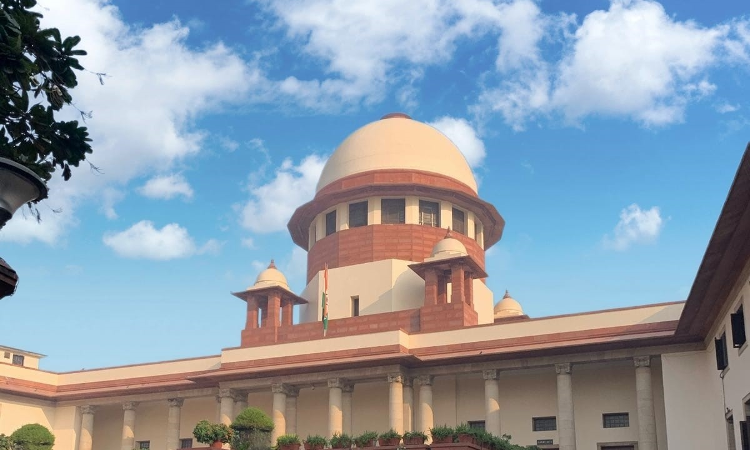Conviction Cannot Be Based Solely On The Testimony Of A Wholly Unreliable Witness : Supreme Court
LIVELAW NEWS NETWORK
7 Jun 2022 5:38 PM IST

Next Story
7 Jun 2022 5:38 PM IST
The Supreme Court observed that when the Court finds that a witness is "wholly unreliable", neither conviction nor acquittal can be based on the testimony of such a witness.In this case, the Trial Court convicted Mahendra Singh, Pritam Singh, Santosh , Shambhu Singh and Lakhan Singh under Section 148, 302 read with Section 149 of the Indian Penal Code. The Madhya Pradesh High...
